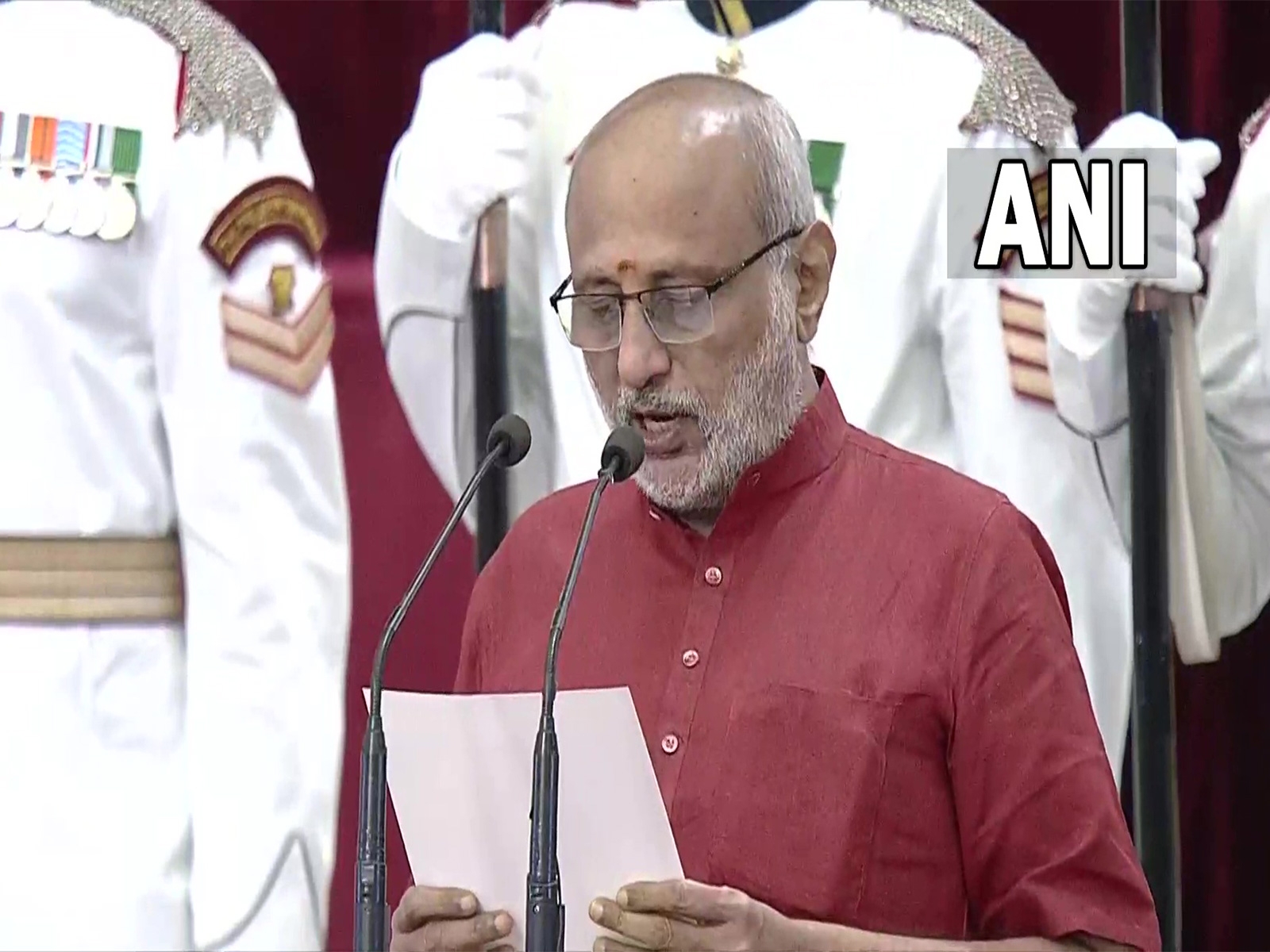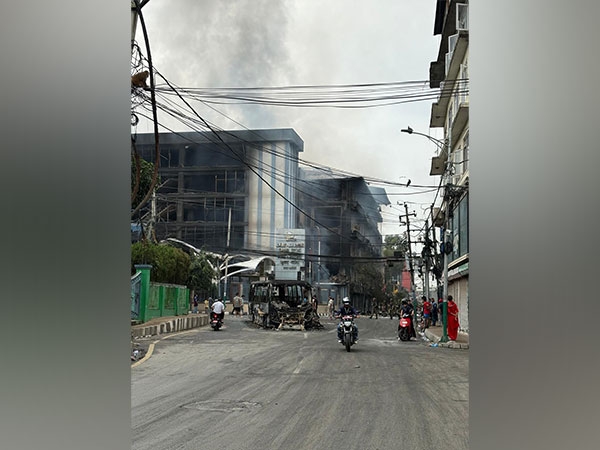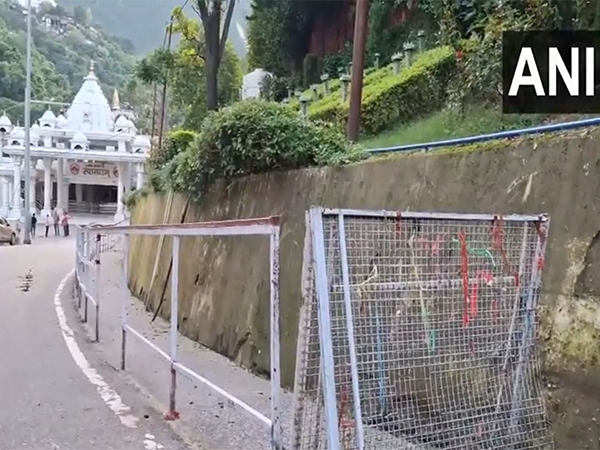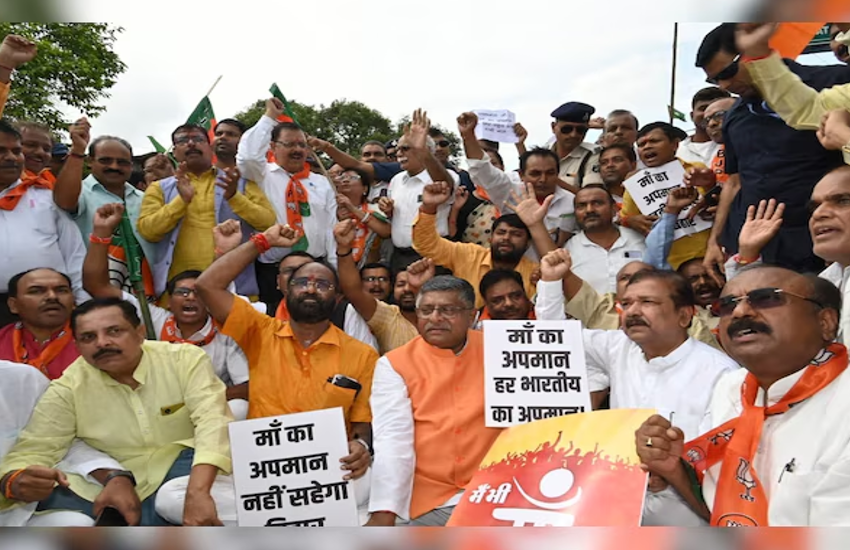Governor overstepped the constitutional line in Arunachal, rules SC

- SC pulls up Centre and Arunachal Governor on President\'s Rule call
- Dissident Congress Kalikho Pul now needs to go
- Centre warned to stop trying to strong arm states where the NDA is not in power
- What the SC told the Centre
- Why the Congress can breathe easy now
The Centre's imposition of President's Rule in a state has always been a contentious subject in Indian politics.
In the 1970s , the Congress party had been accused of running a steamroller over states' rights by using Article 356 of the Constitution and imposing President's Rule where it wasn't in the majority.
But this time, in Arunachal Pradesh, the controversy took an altogether different dimension.
This time, it was about the governor allegedly poking his nose into the legislative matters and acting as an 'agent' of the Centre.
Also read - Timeline: How SC threw the rule book at BJP in Arunachal govt case
However, on 13 July, with the Supreme Court's Constitution bench, led by Justice Jagdish Singh Khehar, ruled that the Modi government had committed an illegality by clamping down President's Rule in Arunachal Pradesh and that the Centre's reasons for doing so were malicious and misconceived. The Congress now has reasons to beam with delight.
Dissident Congress leader Kalikho Pul, who along with some BJP MLAs had toppled the government led by democratically elected CM Nabam Tuki, now has to leave, restoring Congress rule in the state.
The court battles
Arunachal Governor JP Rajkhowa's reasons for insisting that there was a breakdown of the constitutional machinery in the state, were not accepted by the top court.
In fact, it stated that not only were they fallacious, they smelled of political motives which a governor was not supposed to have.
On 20 February, the apex court had reserved its verdict in the matter. But when it announced its verdict today, in the case by filed by the Congress's chief whip of the legislature Rajesh Tacho, the party had reason to sound jubilant. Senior Advocate and party member Kapil Sibal, who led the arguments in the Supreme Court, sounded triumphant and hailed the ruling as a victory for democracy.
Facts of the case
The Congress contended that the Governor's act of summoning the 6th Session of the State Assembly on 14 January demonstrate an extraneous and inappropriate exercise of constitutional authority because it was done sans the aid and advice of the council of ministers and the chief minister.
20 MLAs who shifted to the BJP camp wrote a letter, dated 11 October 2015 to the Governor, Rajkhowa, accusing Tuki of embezzling massive amounts of public money.
Also read -All you need to know about the Arunachal crisis that's haunting the Parliament
But the Congress argued that it was an internal party matter, the dissidents were free to file cases in court (two of which are already pending in the Guwahati High Court) without dragging in the Governor in. The party claimed that they did so because the dissidents enjoyed the tacit support of the opposition party - the BJP.
Essentially, the case of the Congress was against the Governor's meddlesome attitude in legislative matters and internal feuds of the party promoted at the insistence of the BJP.
Twist in the tale
The case has not been without its own share of twists and turns.
In January this year, the apex court admitted to a 'slip-up' in questioning Governor Rajkhowa's reasons and intentions in recommending President's Rule. But now, it seems to have corrected its course.
Attorney General Mukul Rohatgi, during the hearings in the case, repeatedly emphasised the fact that the governor's recommendations to the Centre enjoyed immunity from judicial scrutiny.
Also read - President's rule imposed in Arunachal Pradesh: 10 facts you must know
However, the court refused to buy that argument and relied upon its own decision in Rameshwar Prasad v State of Bihar (2006) in which it had held that the Governor could not escape the eye of judicial scrutiny. His motives could be questioned in court.
In its 331-page judgement, Justice Khehar hasn't minced any words and has taken a sledgehammer to the Modi government's tactics of arm-twisting states into political submission.
"If democracy is being slaughtered, the courts cannot remain a mute spectator," he wrote.
Moreover, Khehar asked if the governor's decision was backed by sound constitutional principles or based on mere whim .
"You can use constitutional discretion only if it is based on on a constitutional principle... What was the constitutional principle here? Does advancing the Assembly session come under your discretionary powers?"
Abuse of power
Relying on the court's earlier ruling in the Samsher Singh case of 1974, the SC held that Governor Rakhowa had grossly abused his discretion by trying to interfere in political and legislative matters - advancing the Assembly Session to 16 December, 2015 from its scheduled date of 14 January, 2016, and ordering the removal of Speaker Nebam Rebia.
This is the second time the Centre has faced defeat and drawn judicial ire for imposing President's Rule in states where elections are due and where it has tried to cobble together a group of dissident MLAs in order to topple the democratically elected government and then cry wolf.
Only in May this year, the Supreme Court had quashed the Centre's imposition of President's Rule against the Harish Rawat-led government in Uttarakhand.
Now that it has again got a bloodied nose from the judiciary, would the Modi government stop 'emulating' the tactics of the politicians it so loves to hate?
More in Catch - Buta Singh Redux? Why it's looking ominous for Rajkhowa in SC
Arunachal govt in trouble: 22 Cong MLAs align with BJP, party blames Centre
Can rebel leader Kalikho Pul hold the Arunachal government together?






![BJP's Kapil Mishra recreates Shankar Mahadevan’s ‘Breathless’ song to highlight Delhi pollution [WATCH] BJP's Kapil Mishra recreates Shankar Mahadevan’s ‘Breathless’ song to highlight Delhi pollution [WATCH]](https://images.catchnews.com/upload/2022/11/03/kapil-mishra_240884_300x172.png)

![Anupam Kher shares pictures of his toned body on 67th birthday [MUST SEE] Anupam Kher shares pictures of his toned body on 67th birthday [MUST SEE]](https://images.catchnews.com/upload/2022/03/07/Anupam_kher_231145_300x172.jpg)






